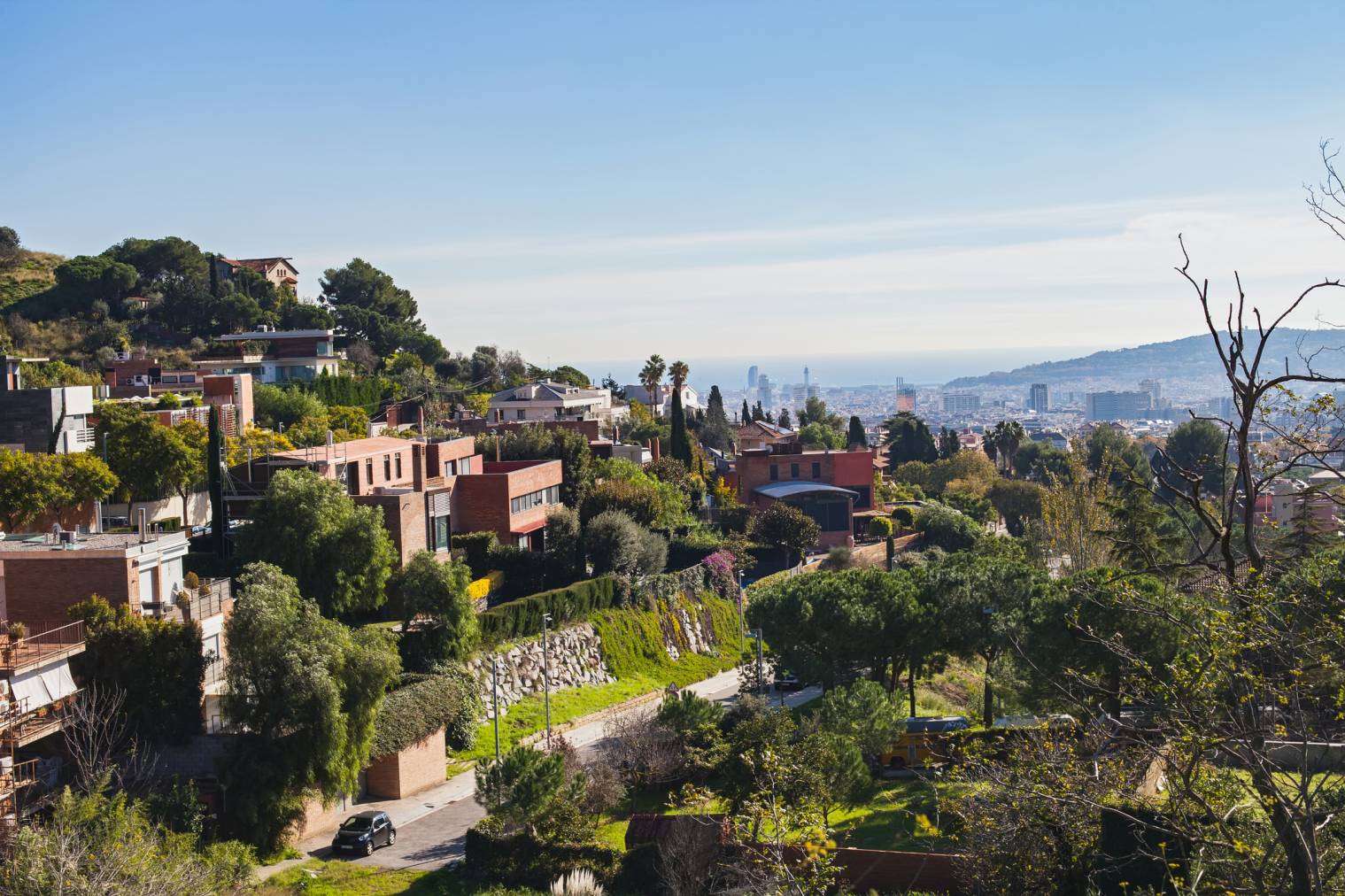How to calculate property gains tax in Catalonia, Spain?

Renowned for its seaside resorts, breathtaking scenery and relaxed lifestyle, the Catalonia region attracts many French property investors every year. Have you bought a property here and now want to sell it after it has appreciated in value? Then you will have to pay national capital gains tax. You should know that you will not pay the same tax depending on whether you are a resident or not, whether you are over or under 65 years of age, whether it is your main residence or not. Find out all the information you need to know about the amount of capital gains tax you will pay in Spain.

Capital gains tax for residents in Spain
In Spain, income is divided into general income (renta general) and savings income (renta del ahorro). Capital gains (on investments and property) are considered as savings income. Since 2017, residents have been gradually paying tax on savings income at 19% (0-6,000 euros), 21% (6,000-50,000 euros) and 23% (over 50,000 euros).
The capital gain on real estate or property gains is calculated as follows:
Asset gain = sale price (actual sale price - transfer costs) - acquisition price (actual acquisition price + acquisition costs, i.e. notary's fees, registry fees, etc. + reforms and investments - depreciation).
Reforms and investments are investments you have made to improve the habitability of the dwelling or access to the building.
For example, if you have sold your home in Empuriabrava and have a capital gain of 120,000 euros, you will have to pay 26,480 euros in tax.
The calculation is as follows: 19% x 6000 + 21% x (50000-6000) + 23% x (120000-50000).
Spanish residents can benefit from certain reductions for property acquired on or before 31 December 1994, subject to certain conditions. If you bought a property before this date and sold it after 1 January 2015, you can benefit from a reduction on the capital gain you accumulated until 20 January 2006, provided that the property is sold for an amount of 400,000 euros or less.
These reductions (for gains made up to 20 January 2006) are 11.11%. You can offset capital losses against other capital gains or savings income in the current year, but certain limitations apply. Net losses of one year can be carried forward to the next four years.
You are considered to be a tax resident in Spain if you stay in Spain for more than 183 days per year, i.e. 6 months per year.
Capital gains tax for non-residents in Spain
If you have bought a property in Spain but do not live there, you are subject to capital gains tax for non-residents (EU) or non-residents (non-EU) in Spain.
Any capital gains made in Spain on the sale of property are taxed at a flat rate of 19% for non-residents. However, since 2015, anyone resident in another EU or EEA (European Economic Area) country that has signed the tax information exchange agreement with Spain can now benefit from an exemption if they reinvest in a new main residence. The property purchased does not have to be in Spain, but must be in an EU or EEA country. However, there are a number of conditions that must be met in order to benefit. It is therefore advisable to seek professional advice before taking any action.
Note that as a resident in Spain, an individual pays taxes on the sale of any other property worldwide in addition to the taxes to which he or she is subject in the country.

Exemption for the sale of a principal residence if over 65
If you are over 65 and a Spanish resident, you have certain advantages in terms of capital gains tax. If you sell a property that has been your main residence for more than three years, you do not have to pay capital gains tax, even if you do not reinvest the proceeds in another property. However, you must meet certain conditions.
In addition, you are exempt from tax on gains from the sale of any other property if you use some or all of the money from the sale to buy a life annuity (renta vitalicia) within six months. In this case, only the amount you invest is exempt. The maximum amount you can reinvest in the life annuity for this purpose is €240,000, the rest will be subject to capital gains tax. Again, certain conditions apply.
Exemption for the sale of a principal residence if under 65
Reinvestment relief is available to Spanish residents when they sell their main home and invest in a new one. To qualify for this relief, the property must be your main residence and you must have lived there continuously for at least three years. You must then buy a new main residence within four years, starting two years before the sale.
The tax relief is based on the proportion of the sale proceeds reinvested in the new residence. If the new home costs more than the sale price of the old home, then the entire gain is exempt. If only 50% of the sale proceeds are reinvested, then only half the gain is exempt. If the sold property is mortgaged, the net proceeds of the sale must be fully reinvested to escape capital gains tax.
For reinvestment relief to apply, you must declare the gain on your Spanish tax return with your intention to reinvest the proceeds in a new main residence. If the required declarations are not made, the relief is likely to be denied by the Spanish tax authorities.
Note that this exemption is only applicable to Spanish tax residents. However, the main residence does not have to be in Spain to benefit from the exemption. The same applies to the new residence.
Please complete the form by clicking below and our advisers will get back to you as soon as possible to discuss your project.
You can also contact us at +34 872 268 850








